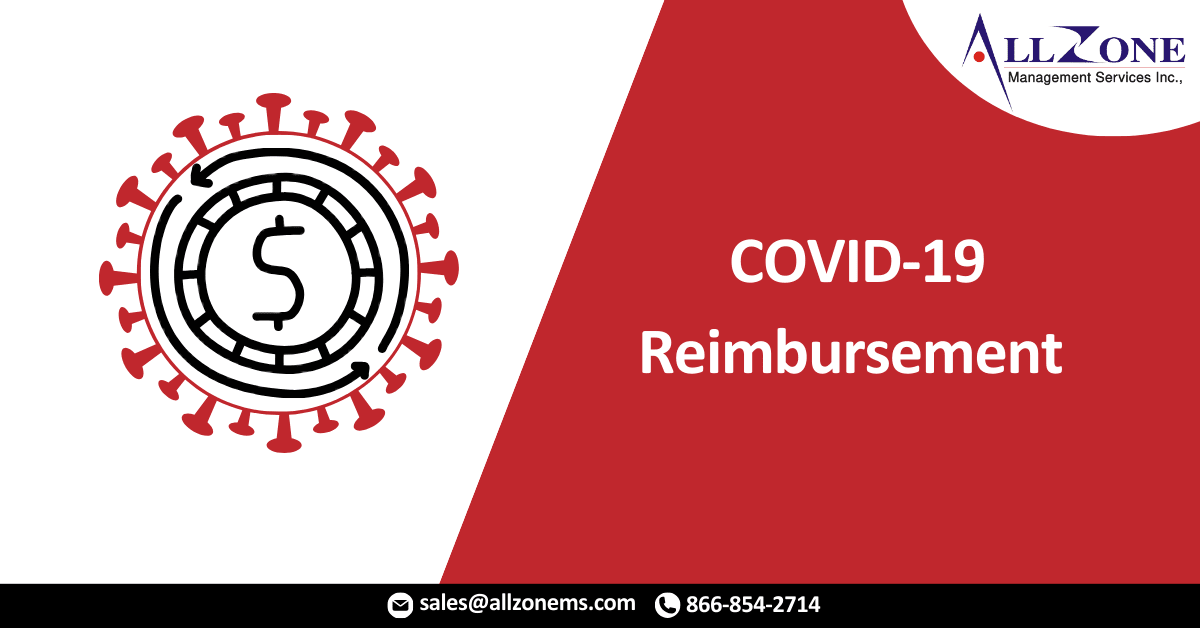Waivers, modifiers, lab tests, multiple diagnosis codes…the layers and specifics of COVID-19 coding cannot be overlooked when ensuring appropriate reimbursement and safeguarding claims against third-party payer audits.
As hospitals and healthcare organizations begin to assess the required steps necessary to prepare for the transition back to a pre-COVID-19 operating environment, apart from timelines and state and local guidelines, much still needs to be examined to establish stability. The COVID-19 situation brought about a massive influx of change, and with that came a steady stream of variable coding and billing guidelines.
As first steps in response to the COVID-19 pandemic, Congress passed and the President signed the Families First Coronavirus Response Act (FFCRA) to help mitigate the impact by providing the means for testing patients, regardless of the type or status of insurance of the patient. As mandated, the COVID-19 testing would not require upfront collections of coinsurances.
The guidelines governing coding for COVID-19 may be complex, but nonetheless, the burden of upfront collections, deductibles, and overall insurance challenges have mostly been lifted. For the intent and purpose of billing and payment, there is certainly a possibility that this is considered “easy money” to some organizations. All the same, this afforded welcomed opportunity to move ahead with testing and treating infected patients without the delay of dealing with the nuances of insurance companies. With the expansive flexibility provided in the FFCRA and the associated complexities in coding and billing, the opportunity for inaccurate reporting of these services lends itself to erroneous reimbursement, while placing an organization at risk for perceived fraudulent billing. Creating an internal audit plan for coding, billing, and reimbursement of COVID 19 claims will secure accurate payment while safeguarding claims against rejections and/or third-party payer audits.
Traditional processes used to conduct internal audits will simply not be sufficient to handle the complexities involved with COVID-19. A more comprehensive view, along with in-depth knowledge and greater understanding by stakeholders, will be required. Components that will support a broader picture of an internal audit plan include certain actions, such as an examination of a random sample of data, the validation of code assignments and supportive documentation, a report of findings, and a remediation plan, where necessary. Certain considerations, such as validating COVID-19 ICD-10 CM code assignments are accurate, will be paramount in supporting proper payment. Furthermore, note that reporting U07.1 or B97.29 on an inpatient claim allows an additional 20-percent increase in the relative weight for the assigned MS-DRG ─ the Centers for Medicare & Medicaid Services (CMS) has communicated to organizations that an automatic increase will occur with the use of these codes. Considering the rapid implementation of these codes, there is a likely potential that reimbursement may be inaccurate. Protect reimbursement by ratifying payment for these claims.
Laboratory testing and modifiers have their own set of standards, yielding a complicated framework for many that otherwise may not be well-versed in laboratory testing or billing. To confirm appropriate reimbursement, the responsible individual must demonstrate a comprehensive understanding of both independent and hospital laboratories. Understanding of the complexity of the guidelines in Clinical Laboratory Improvement Amendments (CLIA) waivers and knowledge of the use of a QW modifier are also much-needed to confirm that a CLIA certification number is in line with the use of a QW modifier.
Reporting UOO03 and U0004 differentiates the use of high-throughput testing versus testing with any technique. U0003 represents highly sophisticated equipment that requires intensive training. Therefore, the reimbursement for these tests is higher than the testing performed through any method. It is fair to say that the application of these codes can be confusing. These codes are not recognized by some payers to date, thus causing inaccurate edits or claim rejects. It is crucial for organizations to understand the testing used in their laboratories, as the reimbursement varies.
The elusive nature of this virus permeates throughout the methods of reporting and the various associated tests administered. The high volume of these tests, along with the blanket coverage of the services related to this virus, offers an opportunity for organizations to code and bill for services with minimal hassle. That being said, there is always more than meets the eye concerning the topic of reimbursement. Take into account all the details to be assimilated, and establish a plan that will safeguard your organization’s reimbursement and mitigate revenue risk associated with diagnosing and testing for COVID-19.
For More Information: https://www.icd10monitor.com/safeguarding-covid-19-reimbursement

